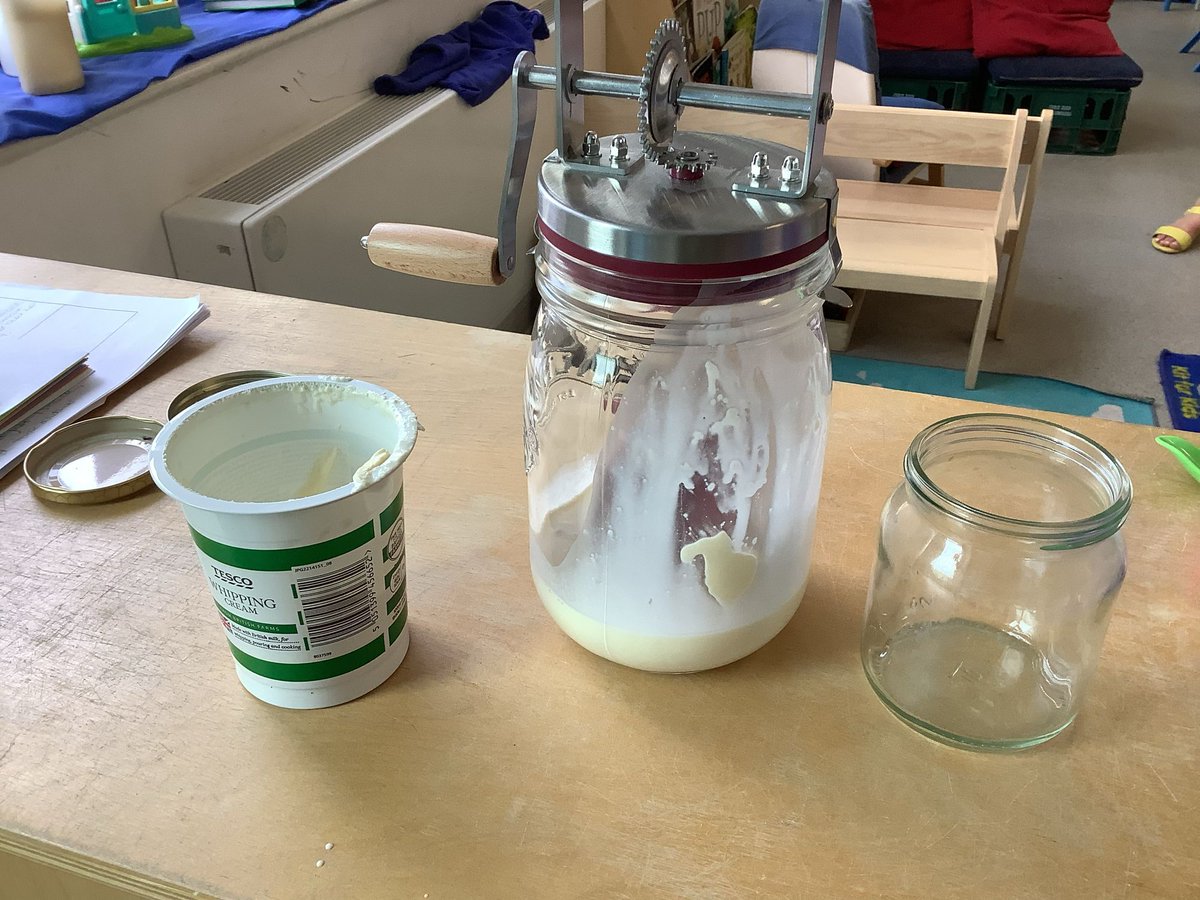The Latest News
Effective schooling - more than just exam outcomes
20th November 2019
Data, data, data ...
In a week following Gavin Dutton’s excellent session on
- Primary data,
- school league table updates,
- requests for schools FFT reports and
- ASP data analysis of last year’s examination results
it does feel as though a school's worth is measured - not just in quantifiable numbers, but weight of paper!
We all acknowledge that the outcomes of our students are exactly that - our outcomes. However, anyone in the school community knows that the worth of our schools, and indeed education in general, is often lost in the data that schools produce.
School leaders have long argued, and I continue to do so, that schools are about so much more than student examination outcomes. Indeed, all data is not just exam outcome focused. Effective schools provide a home for all learners, light fires in young people’s curiosity and support families in every socio-economic and personal circumstance. This will continue to be our mantra at Athena Schools Trust.
As a Trust, and schools individually, we do not turn our back on performance outcomes. We need to use data to evaluate our performance, set targets and provide an edge to our hopes for the future. Data does help focus our attention. Schools will always have an area or two to work on. The complexity of our organisations, what is being asked of us and how we are measured, is mind-blowing - SO therefore how must we treat data?
Data, to use one of Stephen Covey’s seven habits of highly effective people, helps us to ‘sharpen the saw’. The seventh habit reminds us to take care of ourselves and retain a balance. Data sometimes feels very different to headteachers and teachers in providing a balance; however, it should and could provide purpose, direction and clarity.
Data analysis can help school leaders and governors focus attention on one or two key areas. We cannot run at everything – even if it feels like we must. However, it is often the case that we spend much of our time working on things that are already strong, already well developed and delivering for us. We ignore, or discuss but do not act on, the knotty problems. We must focus attention on the issue the data identifies as a concern for our department, school or Trust. This could be pupil premium outcomes, boys’ performance or attendance. This will be different for all schools.
Should we stop and ask ourselves to name the top three areas we are focusing on and explain why? Would they be the same? The answer is that we should and that we do. Data can help us to do this and to identify those areas ... and to sharpen the saw.
Jack Mayhew, Executive Headteacher Athena Schools Trust

Data, data, data ...
In a week following Gavin Dutton’s excellent session on
- Primary data,
- school league table updates,
- requests for schools FFT reports and
- ASP data analysis of last year’s examination results
it does feel as though a school's worth is measured - not just in quantifiable numbers, but weight of paper!
We all acknowledge that the outcomes of our students are exactly that - our outcomes. However, anyone in the school community knows that the worth of our schools, and indeed education in general, is often lost in the data that schools produce.
School leaders have long argued, and I continue to do so, that schools are about so much more than student examination outcomes. Indeed, all data is not just exam outcome focused. Effective schools provide a home for all learners, light fires in young people’s curiosity and support families in every socio-economic and personal circumstance. This will continue to be our mantra at Athena Schools Trust.
As a Trust, and schools individually, we do not turn our back on performance outcomes. We need to use data to evaluate our performance, set targets and provide an edge to our hopes for the future. Data does help focus our attention. Schools will always have an area or two to work on. The complexity of our organisations, what is being asked of us and how we are measured, is mind-blowing - SO therefore how must we treat data?
Data, to use one of Stephen Covey’s seven habits of highly effective people, helps us to ‘sharpen the saw’. The seventh habit reminds us to take care of ourselves and retain a balance. Data sometimes feels very different to headteachers and teachers in providing a balance; however, it should and could provide purpose, direction and clarity.
Data analysis can help school leaders and governors focus attention on one or two key areas. We cannot run at everything – even if it feels like we must. However, it is often the case that we spend much of our time working on things that are already strong, already well developed and delivering for us. We ignore, or discuss but do not act on, the knotty problems. We must focus attention on the issue the data identifies as a concern for our department, school or Trust. This could be pupil premium outcomes, boys’ performance or attendance. This will be different for all schools.
Should we stop and ask ourselves to name the top three areas we are focusing on and explain why? Would they be the same? The answer is that we should and that we do. Data can help us to do this and to identify those areas ... and to sharpen the saw.
Jack Mayhew, Executive Headteacher Athena Schools Trust












